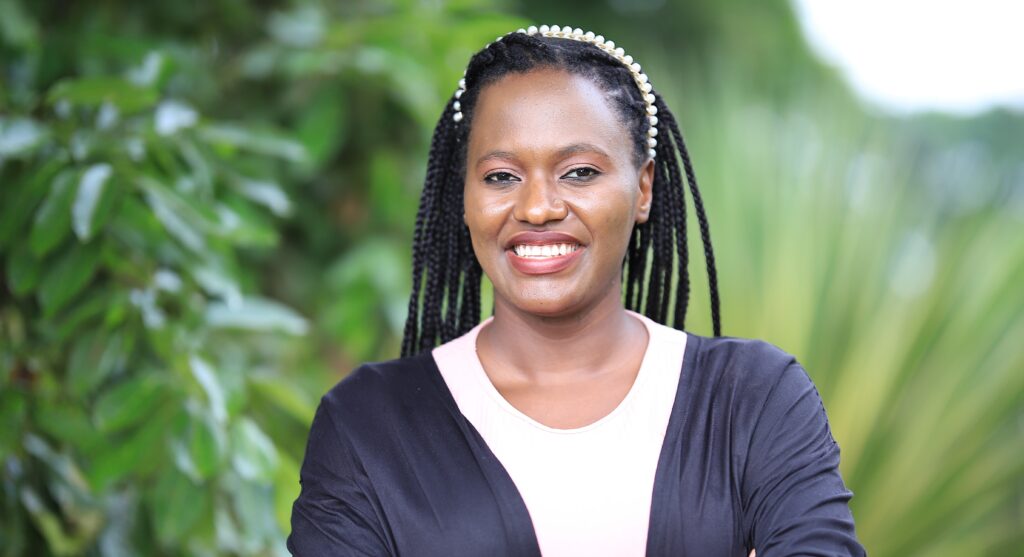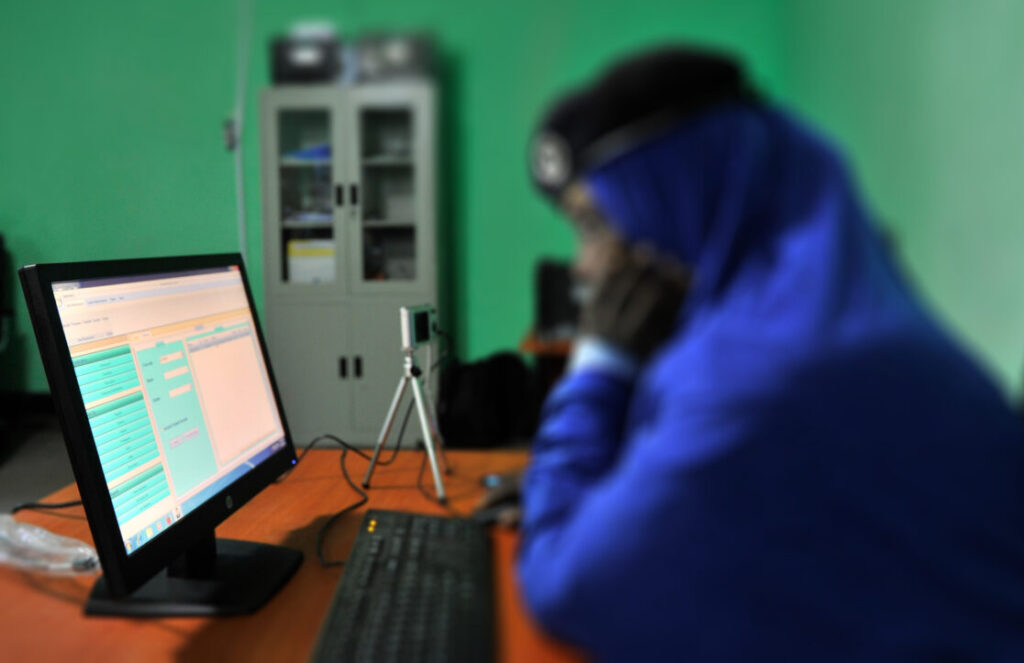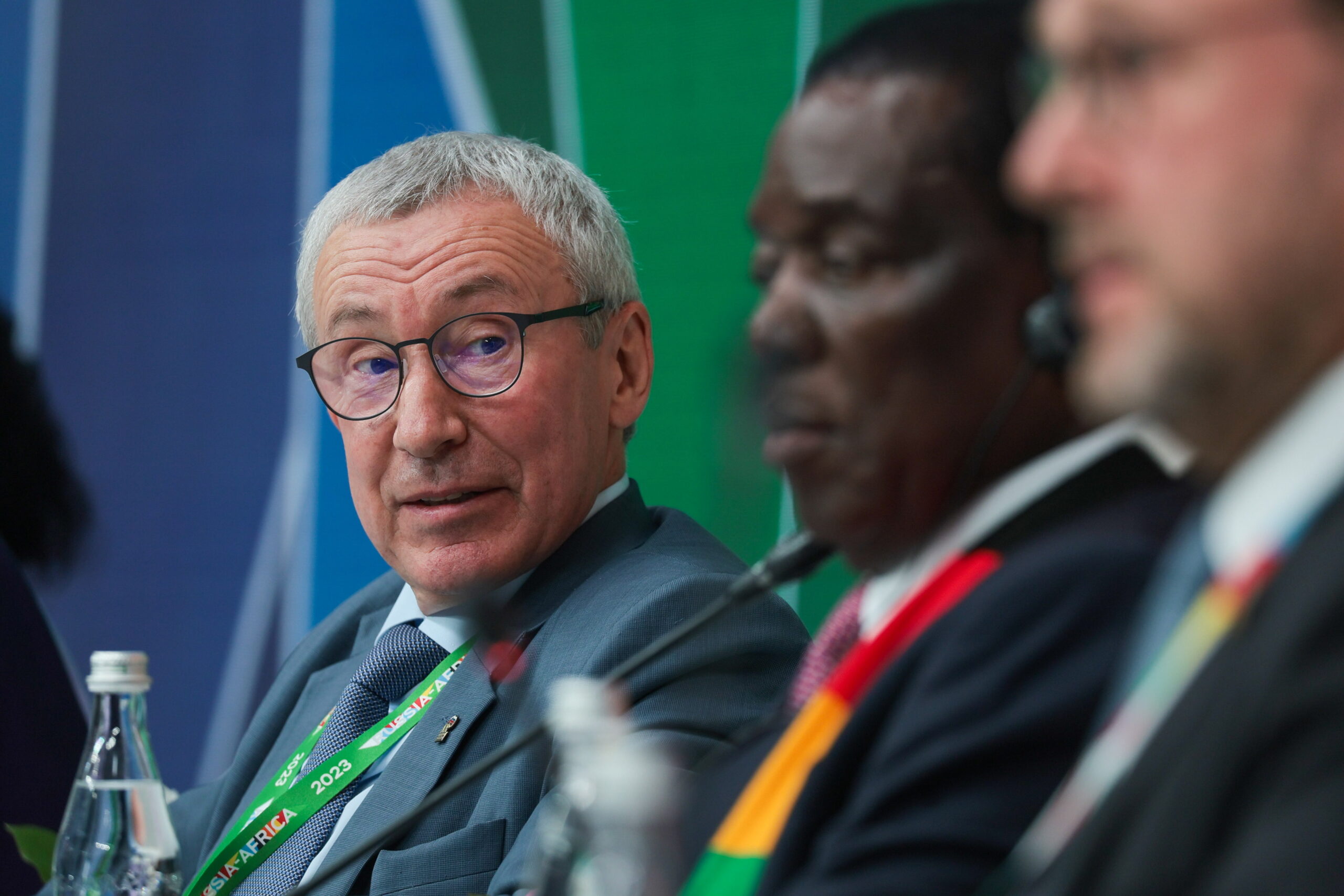
Malawi Member of Parliament Hon. Ishmael Ndaila Onani, Chairperson of the FANR Standing Committee
By Moses Magadza in Johannesburg, South Africa
The SADC PF Standing Committee on Food, Agriculture and Natural Resources (FANR) will hold its meeting from 19 to 21 May 2024, in Johannesburg, South Africa under the theme: ‘Promoting Climate Action in Parliaments to strengthen Food Security and Sustainable Agriculture; Enhance SRHR Outcomes; and Govern Natural Resources Effectively’.
Malawi Member of Parliament Hon. Ishmael Ndaila Onani, is Chairperson of the FANR Standing Committee, whose meeting is in preparation for the 55th Plenary Assembly Session of the SADC PF that will take place from 1 to 7 July 2024 in Angola.

FANR Programme Manager Ms Rachel Mundilo says the Committee’s mandate is to deal with matters related to agriculture, fisheries, forestry and wildlife, water and environment, energy, transport, tourism, ICTs, meteorology, food security and natural resources.
“The committee encourages the implementation of programmes aimed at enhancing food security through disaster preparedness, access, safety, and nutritional value, fair and sustainable use of natural resources, and the development of institutional frameworks” Ms Mundilo says.

The meeting happens when the SADC region is facing multifaceted challenges due to climate change, including disruptions in food systems, threats to agriculture and natural resources, and impacts on sexual and reproductive health and rights (SRHR).
The challenges necessitate a comprehensive approach to building resilience that integrates various sectors. The meeting brings together parliamentarians, experts, and stakeholders to discuss strategies for mitigating the impacts of climate change and advancing sustainable development.
It will focus on three thematic areas: Food Security and Sustainable Agriculture, Sexual and Reproductive Health and Rights (SRHR) and Natural resource governance.
Climate change has a profound impact on agricultural productivity, water availability, and food security through irregular rainfall patterns, droughts, floods, and rising temperatures, hence the region faces chronic food shortages due to climate change, inadequate infrastructure, and limited resources for smallholder farmers.
Climate change has a range of impacts that can exacerbate existing vulnerabilities, particularly affecting SRHR for women and marginalised groups.
For example, extreme weather events and food insecurities can lead to increased risks of violence against women, higher maternal mortality rates, and reduced access to SRHR services.
SADC PF Secretary General Ms Boemo Sekgoma says the energy transition in Southern Africa is vital for enhancing energy security, fostering economic development, combating climate change, and achieving sustainable development.
The shift from traditional fossil fuels to renewable energy sources is now more relevant due to pressing global challenges and opportunities.
The region’s abundant critical minerals are essential for clean energy technologies and there is a pressing need to determine how parliaments can support sustainable exploitation of these resources for the benefit of their constituents.
One of the resource persons for this meeting is Ms Chikondi Chabvuta, the Regional Advocacy Advisor for Southern Africa with CARE International.
In an interview, she said the meeting was timely and necessary given that the SADC region is facing impacts of climate change with at least three countries declaring drought.
“The interconnected nature of climate action, food security, sustainable agriculture, sexual and reproductive health and rights (SRHR), and natural resource governance cannot be over-emphasised as these issues are not siloed; they are deeply intertwined and addressing one can have positive ripple effects on the others,” she said.

She reasoned that promoting sustainable agriculture practices can mitigate climate change impacts, improve food security, and enhance SRHR outcomes by empowering communities, particularly women, to make informed choices about their reproductive health.
On current and emerging challenges related to climate change in the SADC Region, Ms Chabvuta cited increasingly frequent cyclones, flooding, and droughts jinxing sustainable development goals.
“The (SADC) region is among the most vulnerable in the world to climate change. We have over 40 million people reported as food insecure, with women and girls being the most vulnerable to climate impacts in the region,” she noted.
She added: “The entire region is at risk of climate change, but due to unique vulnerabilities and different exposures to climate change, Mozambique experiences frequent tropical cyclones and flooding, Zimbabwe deals with both droughts and floods, Malawi faces food insecurity due to erratic rainfall patterns, Namibia and Botswana grapple with droughts and water scarcity, Madagascar contends with cyclones and other natural disasters. South Africa, Zambia, and Eswatini also face climate-related challenges.”
In this connection, Ms Chabvuta said SADC MPs had their work cut out and could intensify their oversight on food security and SRHR, ensure related budget allocations are made and share knowledge with their constituents on climate change and its impacts.
“Failure to address climate change, food security and SRHR will lead to economic loss, where more budgets will be spent in response to climate impacts.
“It will lead to loss of livelihoods, degradation of the environment, deterioration of health, environmental degradation, and a missed chance of a sustainable future. Action needs to happen now!” she said.
She explained that climate change is a multisectoral issue because its impacts cut across various aspects of development.
“Climate change influences the spread of diseases, heat-related illnesses, and malnutrition for health. It affects air quality, water availability, and food security, impacting public health systems,” she noted.
She added: “Changing weather patterns affect crop yields, livestock, and fisheries. Food production, distribution, and access are all interconnected with climate conditions. Climate change alters precipitation patterns, leading to droughts or floods.
“Water scarcity affects agriculture, energy production, and human consumption. Rising temperatures, habitat loss, and extreme weather events threaten biodiversity. Ecosystem services (such as pollination and soil fertility) are at risk.”
Ms Chabvuta said other impacts of climate change affect infrastructure and urban planning with sea-level rises, storms, and extreme temperatures impacting infrastructure resilience.
Additionally, climate change disrupts supply chains, affects insurance costs, and poses risks to economic stability and growth.
“Vulnerable populations (such as low-income communities, indigenous groups, and marginalized individuals) suffer disproportionately from climate impacts. Addressing equity is crucial,” she said.
The discussions will further centre on how SADC countries can transition to cleaner energy sources while also boosting their economies.









